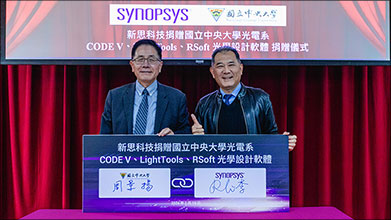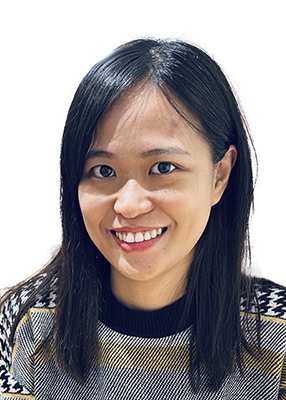Cloud native EDA tools & pre-optimized hardware platforms
In September 2020, Synopsys launched the OptoCompiler platform for photonic integrated circuit (PIC) design. OptoCompiler is the industry’s first unified electronic and photonic design platform that combines mature and dedicated photonic technology with Synopsys’ industry-proven electronic design tools to enable engineers to produce and verify complex PIC designs quickly and accurately (Figure 1).

Figure 1: Synopsys’ Electronic-Photonic Design Platform
Why OptoCompiler? Widespread implementation of PICs has, until now, been impeded because many design tools were intended for electronics rather than photonics. As a result, photonic design has largely been the domain of experts. OptoCompiler addresses this challenge by merging schematic-driven layout, advanced photonic layout synthesis, and analog/mixed signal design in a familiar and feature-rich environment. With OptoCompiler, photonic design can be as productive as digital design.
You can think of OptoCompiler as an electronic-photonic design cockpit. As illustrated in Figure 2, OptoCompiler:
- Seamlessly integrates schematic entry, layout, and simulation and DRC/LVS from a single user interface
- Drives Synopsys’ photonic circuit and system simulation tools: OptSim Circuit and OptSim, as well as electrical simulation tools: FineSim, CustomSim, and HSPICE
- Interfaces with the industry-leading process and device tools: Sentaurus TCAD and RSoft Photonic Device Tools

Figure 2: Schematic description of unified electronic-photonic simulation tools from Synopsys
All of these unified capabilities – delivered in an easy to use and familiar environment for IC designers – enable teams to produce and verify complex PIC designs quickly and accurately.

Figure 3: Synopsys’ differentiators enable fast and accurate results
Visit https://www.synopsys.com/photonic-solutions/optocompiler.html to learn more about how OptoCompiler is transforming PIC design. Or, contact our team of photonic experts at photonics@synopsys.com to request a demo.
Also visit our YouTube channel to get a closer look at OptoCompiler and how it plays a part in the PIC workflow.










